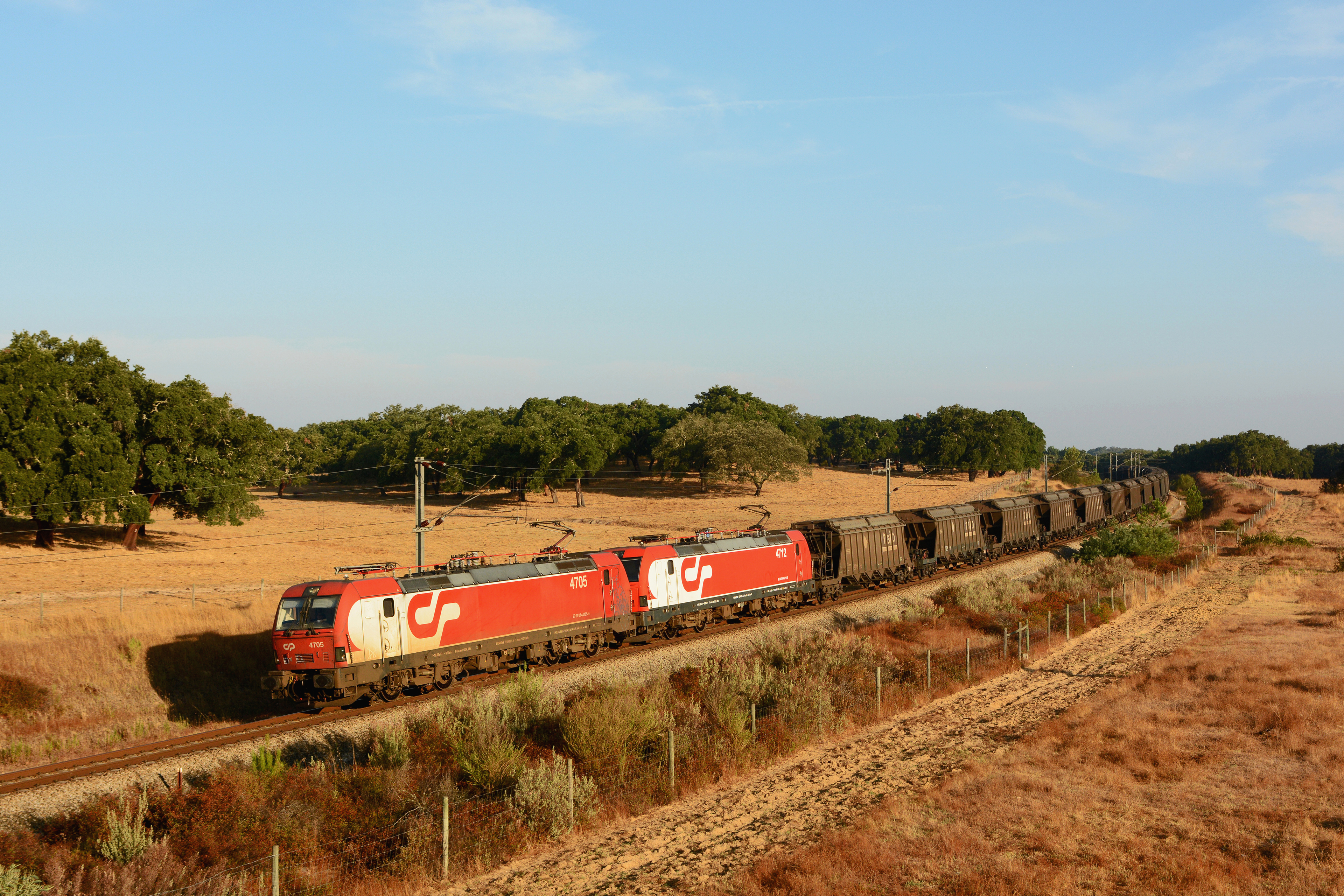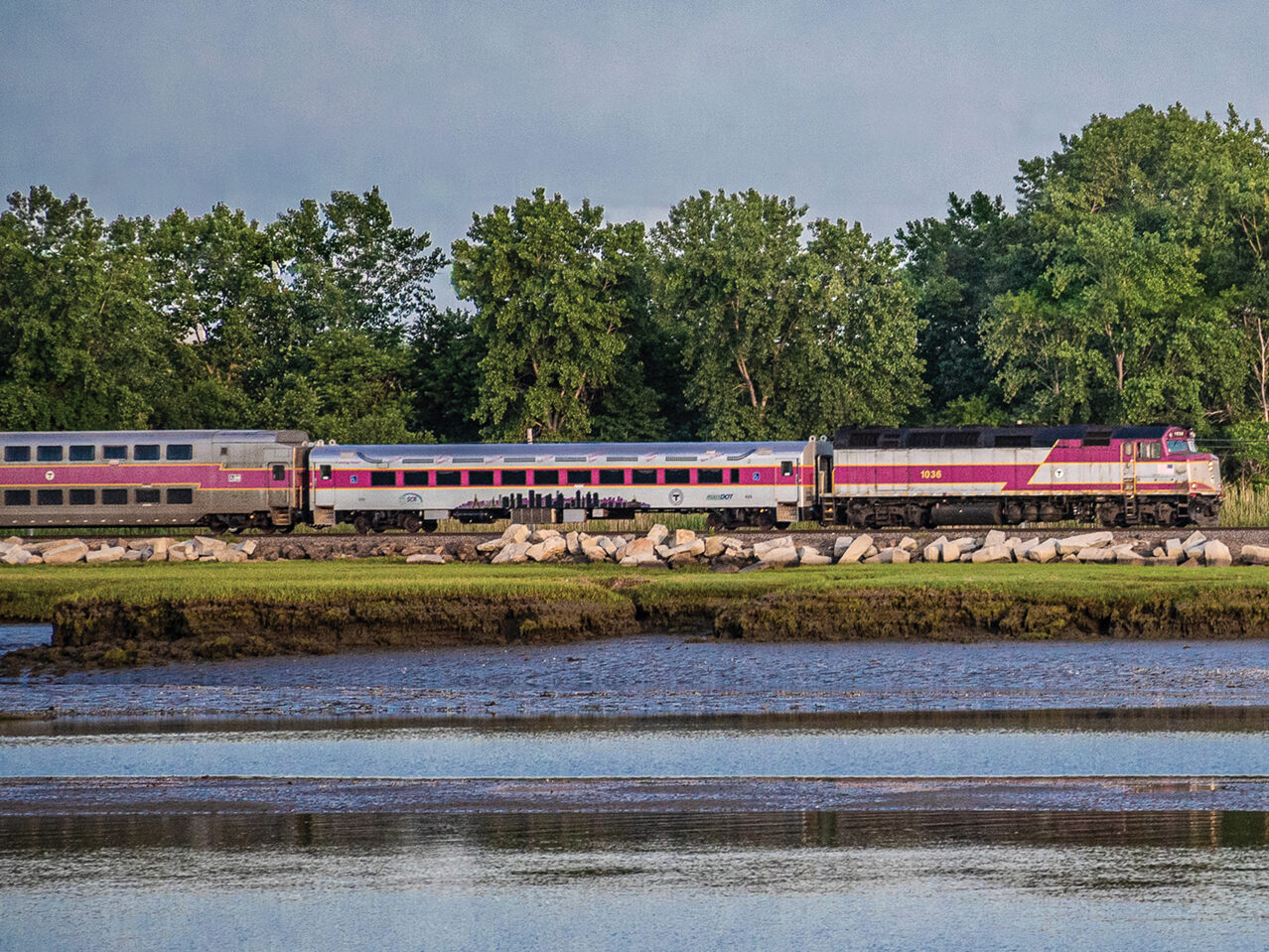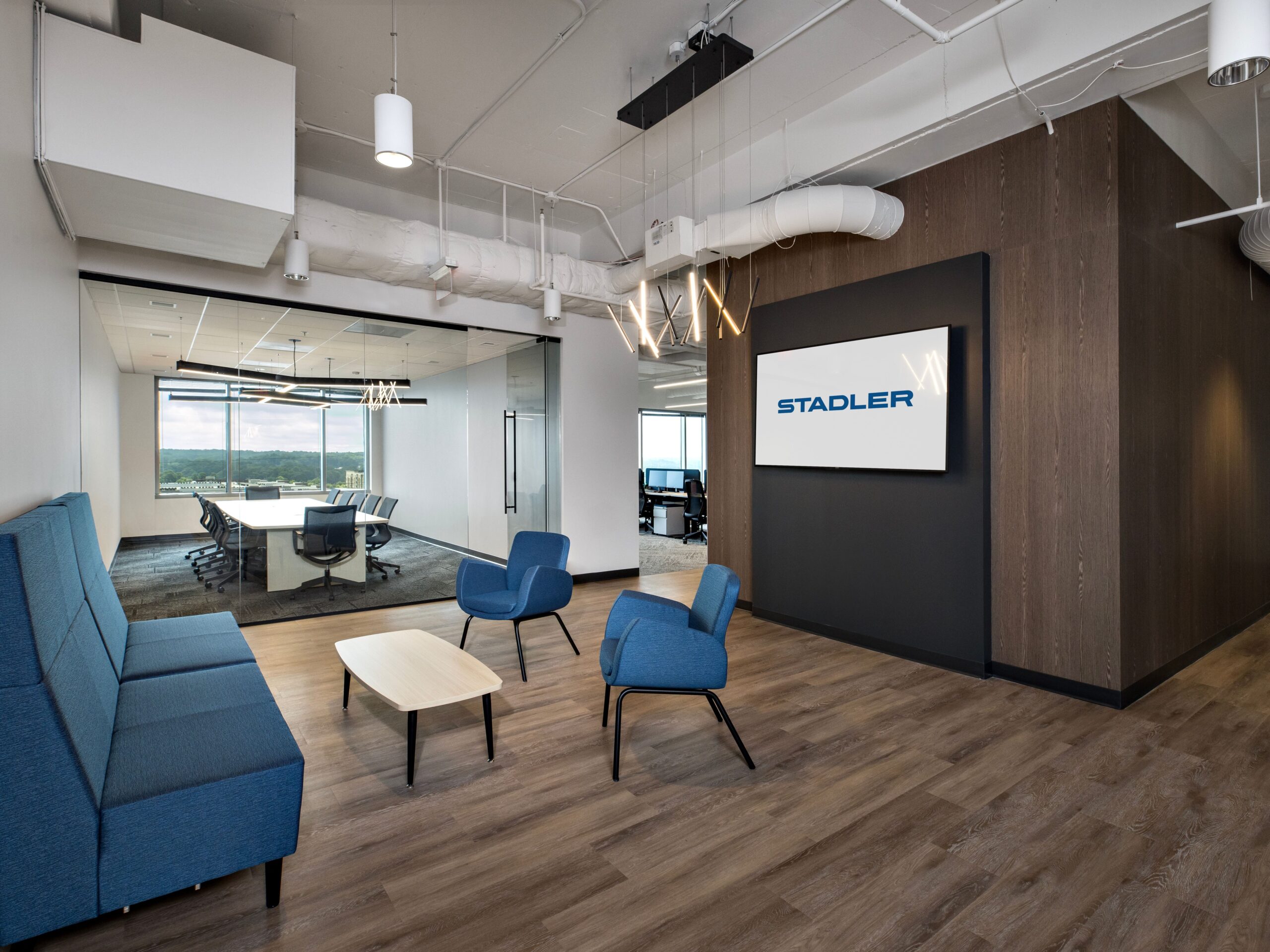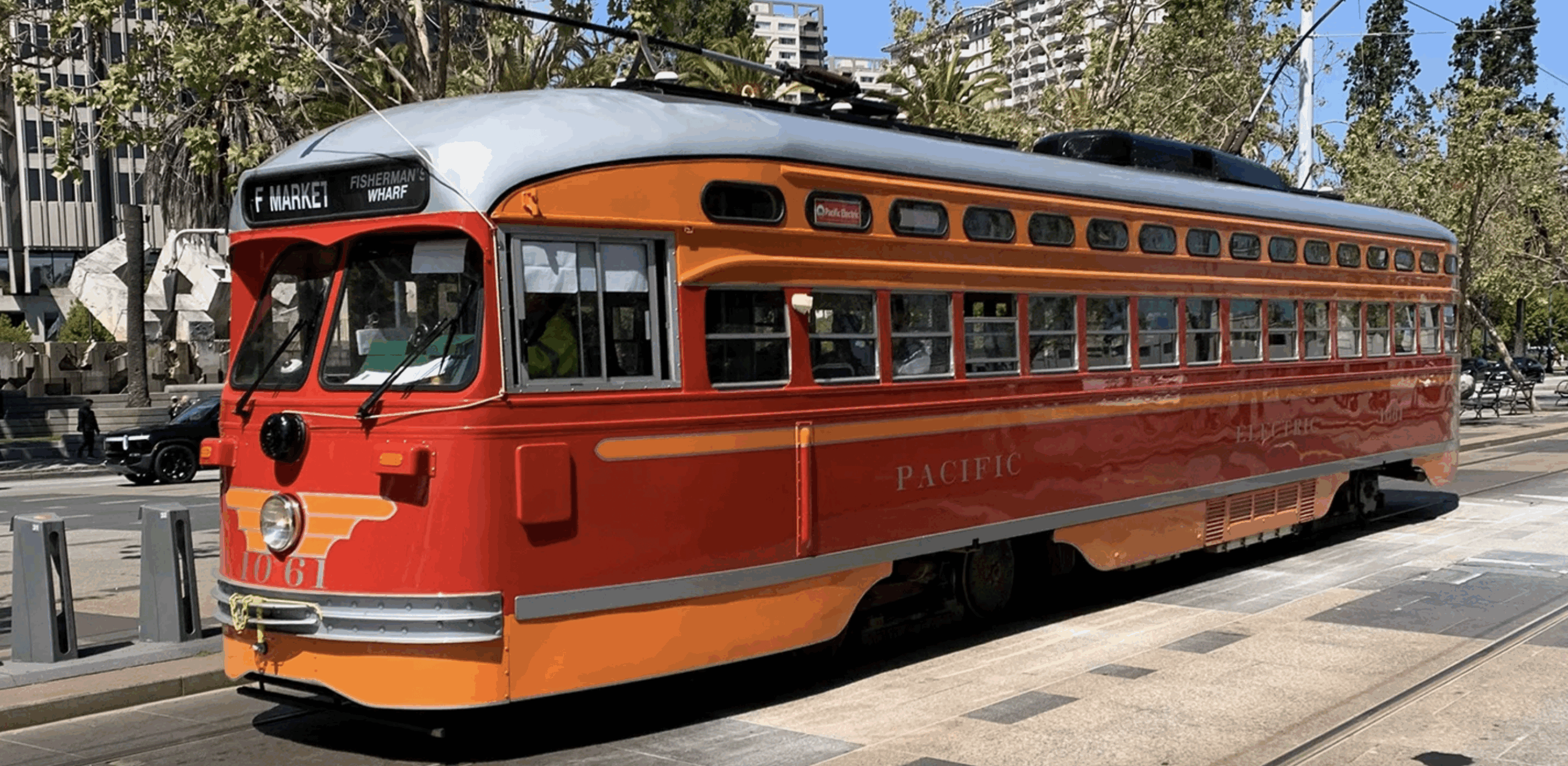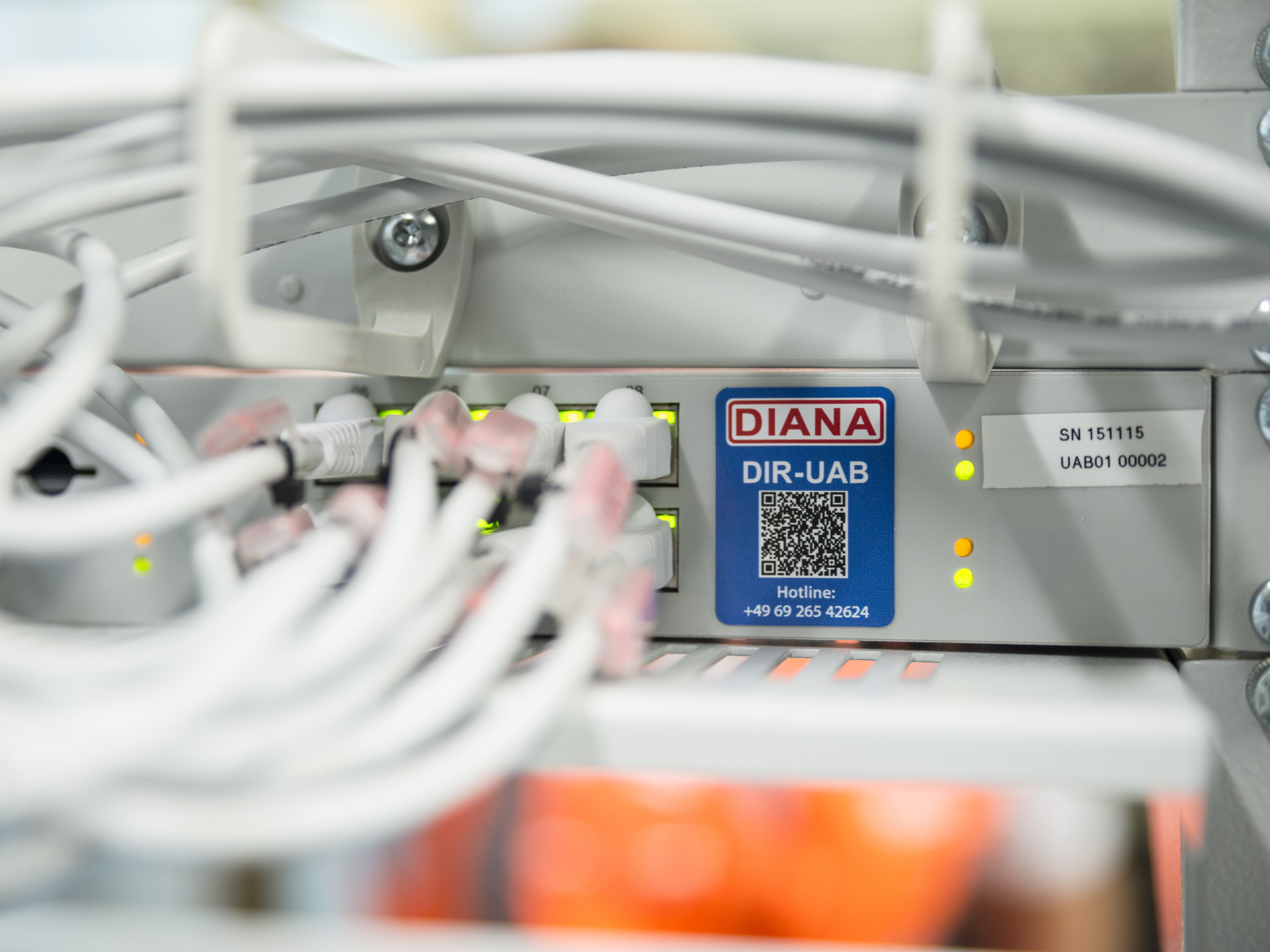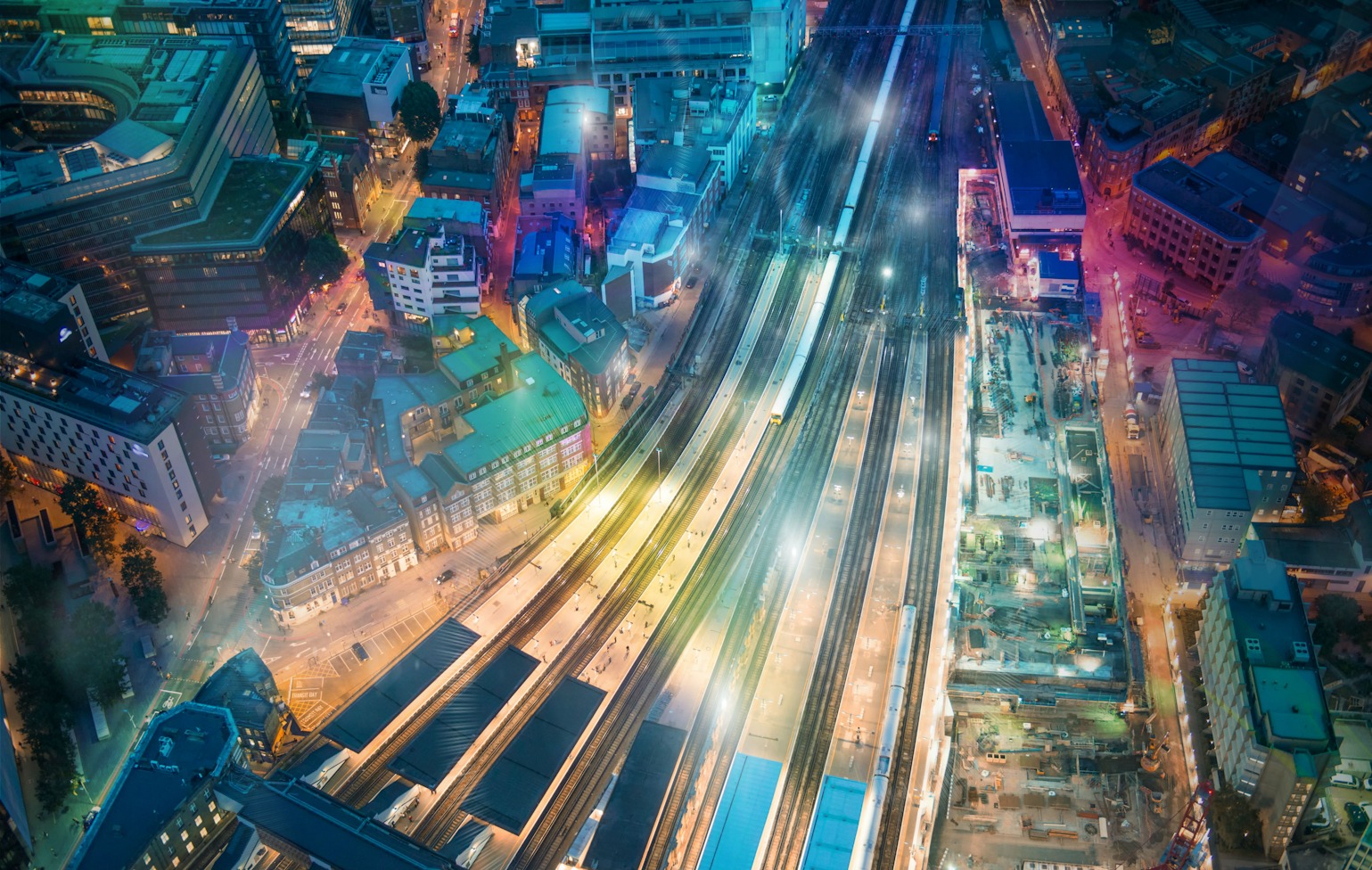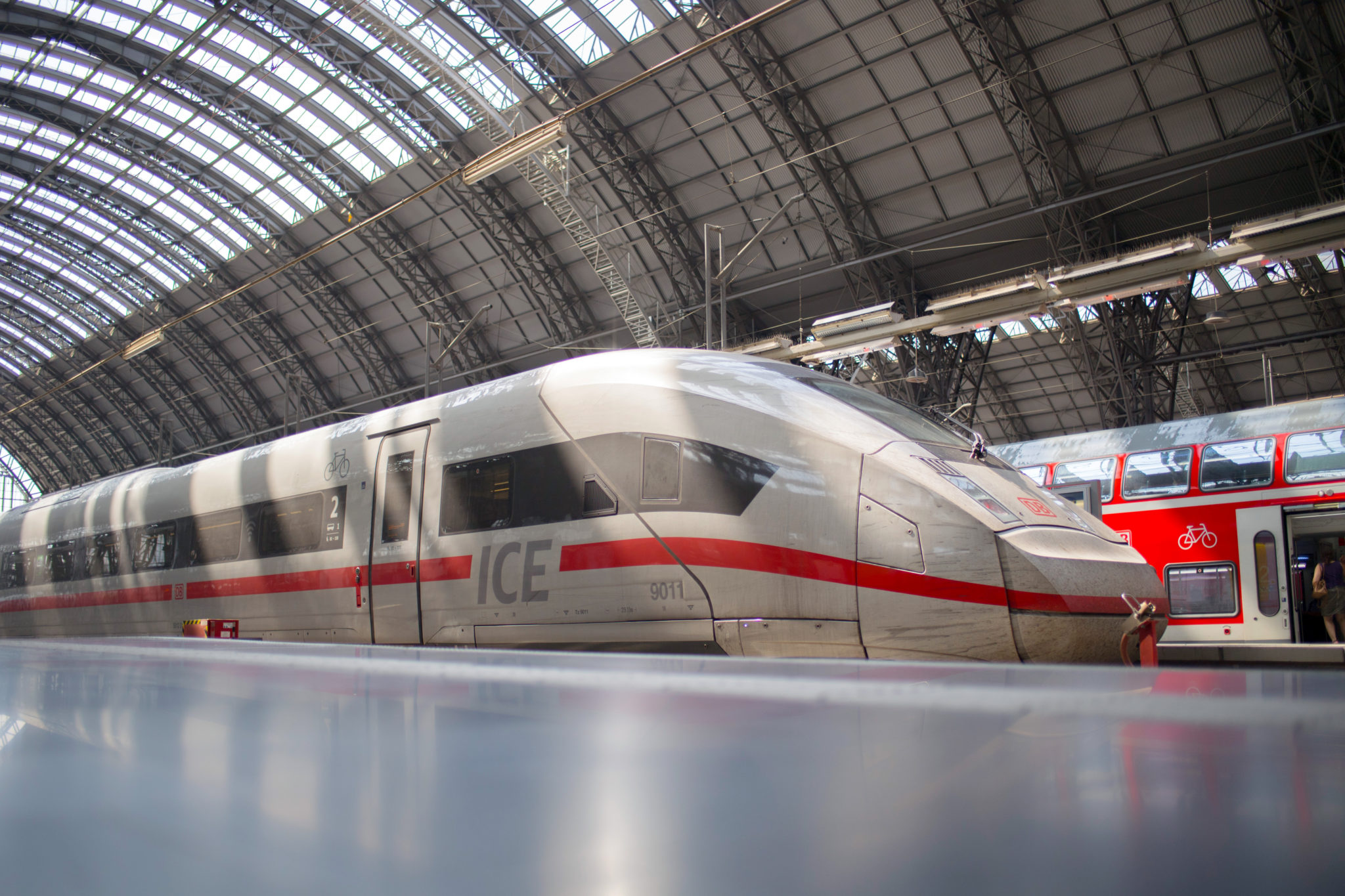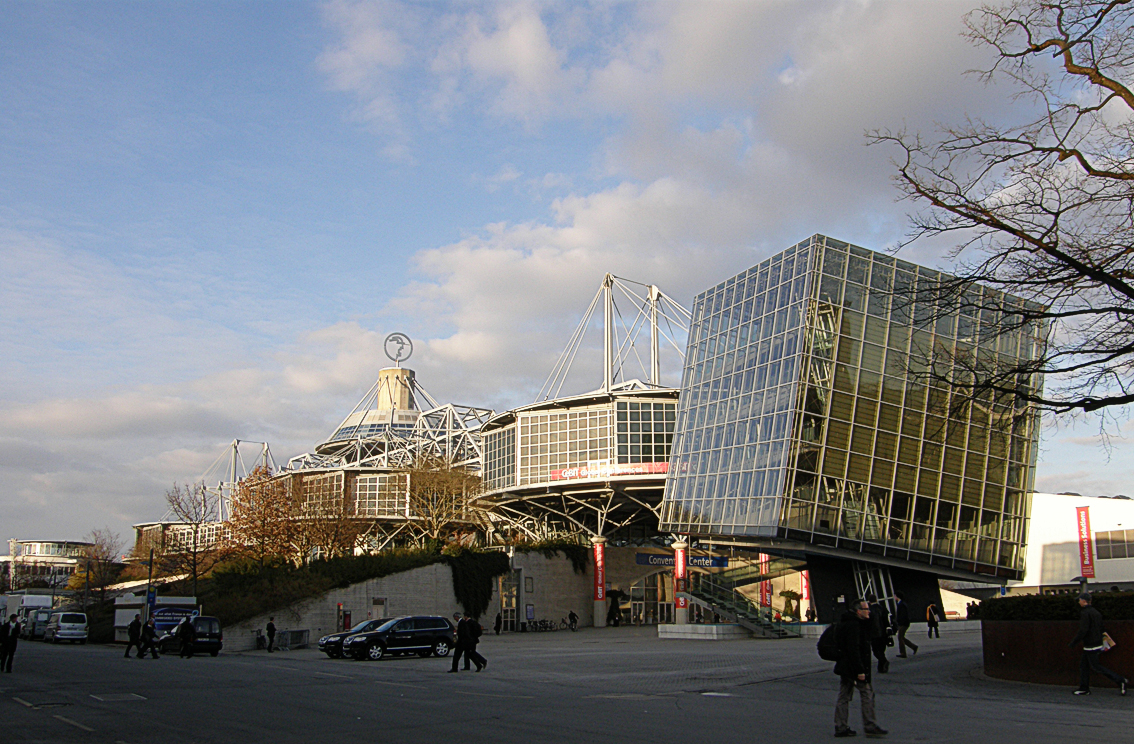Start-Up Corner: A look at recently founded companies in the rail sector tackling the industry’s most pressing problems.
Who: Menlo79
Founded: August 2018
Founders: Christian Allner, Fabian Stöffler, Stefan Wagner
Location: Berlin
Employees: 5 (September 2019)
Next milestones: Launch of Menlo79 Times in Sep 2019 and Menlo79 Wilson in spring 2020
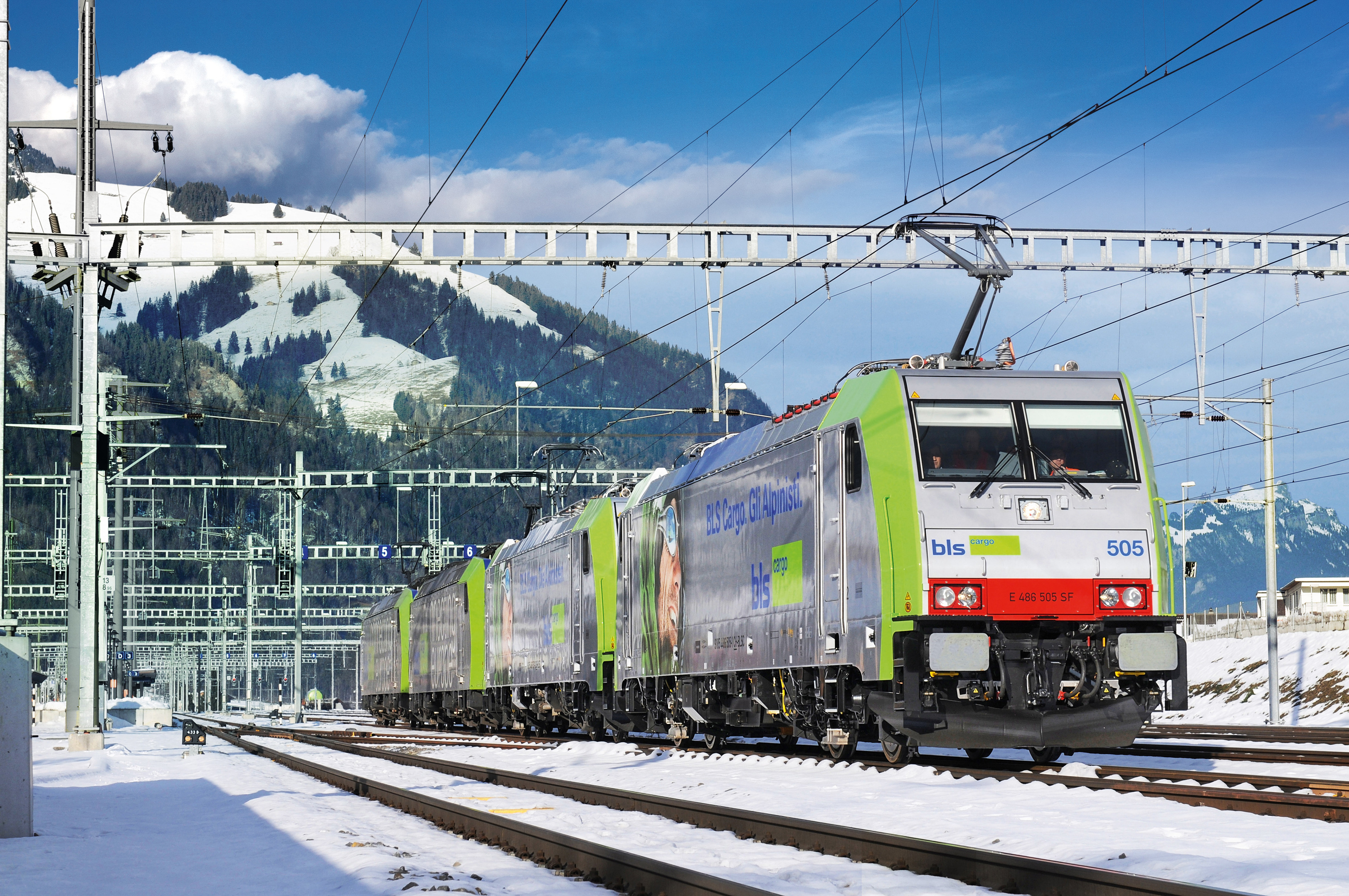
Mission:
At Menlo79 we want to develop innovative digital solutions for a new employee and customer experience and for better productivity in rail freight and logistics. Thanks to our backgrounds we have a unique combination of extensive strategic and operational experience in the sector, along with digital know-how. As a result, M79 is supporting transport companies holistically, from strategy development and user-centric product design to the complete implementation of new digital solutions. At M79 we’re aiming for a modal split of 30 percent for rail freight to contribute to a better environmental balance.
Product Focus:
M79 Wilson – the next generation of locomotive driving. WILSON allows train drivers to design their work schedules individually and live and work in line with their preferences. Companies are benefitting from considerably improved productivity thanks to AI-supported dispatching as well as easy and flexible access to qualified driving personnel.
How will Menlo79 create a new experience for train drivers? Meet Heiner: for more than 20 years, Heiner has been a locomotive driver at heart. He loves being in control of the powerful engine pulling trains of up to 2,000 tons and more than 1,000 metres in length. It’s an experience of power that few people will have in their professional career. He loves steering the train past jammed highways replacing 20 to 30 trucks in a single trip. Following the international tracks, he is amazed every time again by the view of the colourful landscape. Heiner is a locomotive driver at heart and always has been since he was a kid. He has never forgotten the first day when he was finally old enough to get on the stand and ignite the engine on his first journey.
There are only a few industries that can really claim to have so many people passionate about their jobs as the railway sector. Locomotive drivers, dispatchers, engineers – all people who love their work. Long ago railroads were the dream of the 19th century, opening a completely new world and travel comfort. And in many ways they still create the same fascination for people today. However, this fascination is being put to a test more and more.
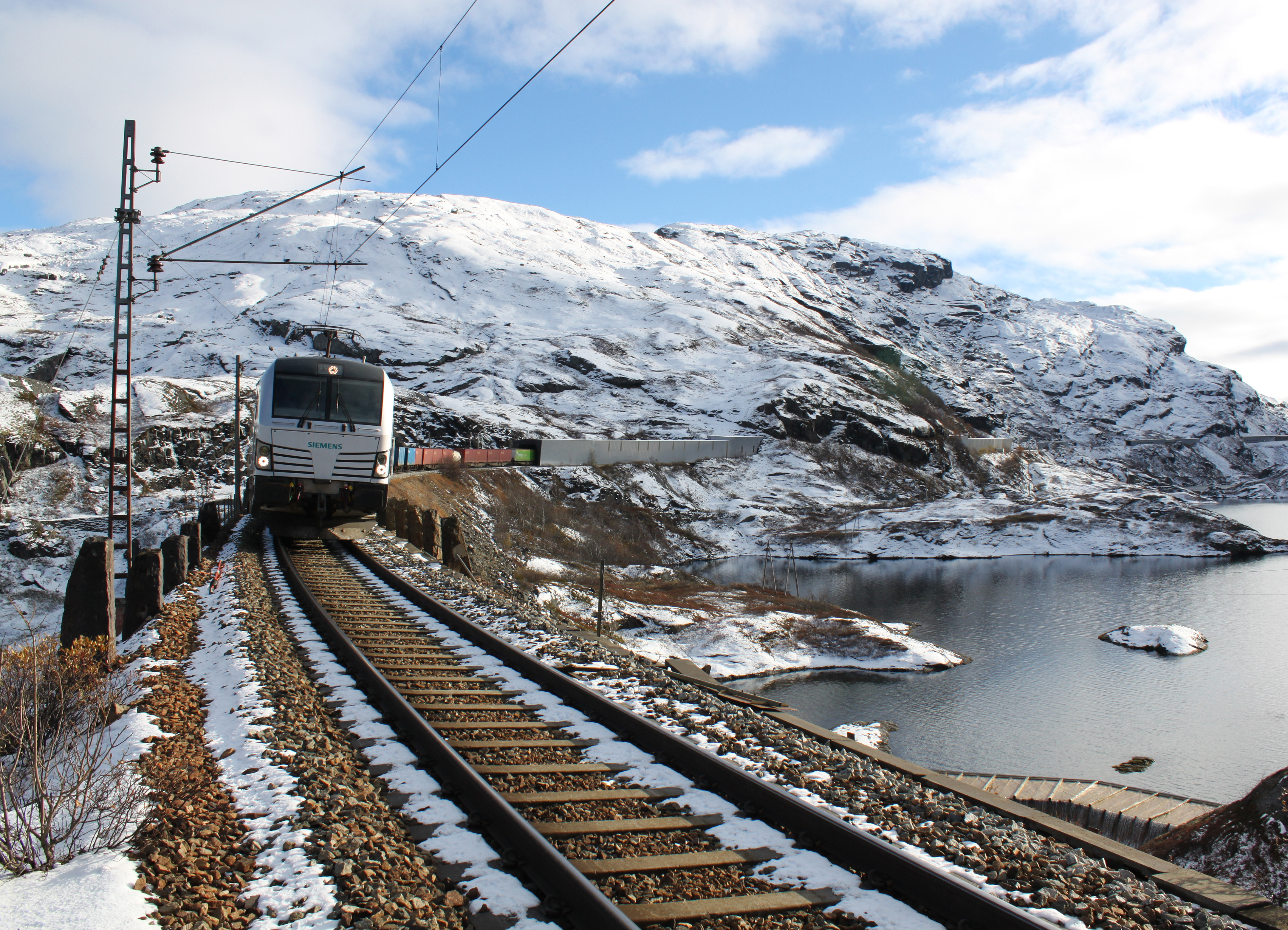
The Challenge:
In a competitive and complex world where the focus is shifting towards efficiency and economical gain, dreams are often not enough. With an increasing number of side constraints, the transport network becoming more and more complex, and limited rail infrastructure it is getting harder to dispatch and steer drivers efficiently. Looking at the numbers, the productive working time of locomotive drivers in Europe is probably at an all time low. Drivers are spending a huge amount of their working time waiting, transferring or preparing their work because of missing transparency regarding delays and real-time operations. At the same time the demographic shift is making it harder and harder to find new drivers, which increases the need for other solutions. It is hard to stay fascinated and passionate when you are waiting and transferring instead of creating value for your customers.
The level of digitization is rising everywhere, creating comfort and changing industries. In our private lives, we are using mobile devices and new applications for more comfort and flexibility. The effect can be seen and touched in many industries that have either opened up to the new standards or that have been forced to do so by disruptive newcomers and changing customer expectations. Actually, it is harder today to find a taxi driver who is not using the comfortable payment of myTaxi than one who hasn’t heard of the app; and every airline offers digital booking that can be accessed from anywhere.
In rail however, looking from the perspective of a locomotive driver, nothing much has changed. While most drivers have access to mobile devices, the operative processes and the communication with dispatchers have mostly remained the same for many years. Human dispatchers still don’t have the desperately needed support of digital systems to handle the complexity. Fixed working shifts are still in place and actual flexibility is low. Some documents have been provided in digital form, but in many ways, paper is still the most frequently used communication tool.
Looking at the situation, it is time to make the leap and create a new and better experience for locomotive and train drivers. It is time to bring passion and inspiration back for both employees and customers, while also using new technology to increase efficiency and productivity. It is time to lead the sector into the next generation, so it finds its place in the current industrial revolution. The railway is an industrial icon and human achievement. Now it must become digital.
Rethinking Rail:
At Menlo79 we want to develop solutions that not only serve a financial purpose but re-ignite the passion people had for rail long ago. Digital technologies are already available and need to be implemented and used to inspire employees and make them proud again of their employers. They must be used to inspire customers by creating a new experience from the booking process up to the cargo delivery and payment. We want to rethink rail freight.
Our solution M79 Wilson aims to totally change the way locomotive and train drivers understand their job and business while at the same time creating better productivity and reduced process costs for railway companies. Let us go back to Heiner and his daily work routine and let us imagine what his job would feel like if we were to rethink it.
- Modern experience: In the future Heiner will have access to a neatly designed mobile application on his mobile device. He will find all the information around his job structured and easily accessible; he feels connected to his work and his colleagues. Notifications remind him if delays occur. Starting or ending a job and shift will always be one click away and all his working time is automatically managed, respecting all constraints.
- Individual preferences: As if using a dating app where he is looking for a match, Heiner will be able to enter his preferences and conditions for driving to find shifts that match his personal expectations. If he wants to take more long-distance trips or likes driving internationally or with specific vehicles, he will be able to include this information in his profile. If he prefers driving in the evening or at night in March or spend the daytimes with his family, he can also include this. The digital dispatching system will try as best it can to stay within his preferences when assigning shifts. A modern system can handle the complexity of every driver having different preferences and doing so will strongly support the human dispatcher who has to focus on some complex cases.
- Digital dispatching assistants: While passionate locomotive and train drivers can focus fully on their jobs, dispatchers will be supported by new assistants who process all the complex data. Since the system will have transparent access to multiple drivers, empty connection trips can be reduced to a minimum. On short notice train drivers can be notified of changes and can be dispatched to a different train close to their position. The complexity of constantly changing situations because of delays can be handled intelligently. The system will learn constantly which connections and shifts can be completed successfully, and which job combinations always fail. Over time the dispatching will become more and more stable and reliable, ultimately leading to higher production quality and stability of the train network, and to less stress for Heiner and his colleagues along with greater satisfaction and a better transport product for customers.
- Synergies across the industry. There are many examples on inefficiencies in the railway network. While the trucking industry has long adapted to drivers being independent of their cargo and customers, in the rail sector the majority still drives for just one company. By creating transparency of the overall demand in terms of trains and locomotive drivers, this efficiency increase will become possible. Heiner will not only be driving for one company; in order to increase resource productivity he will drive trains for different companies. This aspect will create a sharing industry – safe and secure jobs in combination with high productivity. The application will provide full support with Heiner’s daily and weekly shift schedule and provide a detailed overview for his completed trips. This fully new approach to the job might also inspire new people to become a locomotive or train driver.
- Learn and understand business. The system will also ensure that each locomotive driver has the necessary qualifications and will suggest to him or her further qualifications based on market demand. If it is hard to find drivers who can drive from Munich to Berlin or the Siemens Vectron, then the system will recognise that and suggest to more drivers that they gain those qualifications. Qualifications will always be verified with partners and railway organisations to provide a high level of security and safety in rail.
- Build a community. Everything is more fun together. Heiner will be part of a community of passionate people sharing stories and pictures of their days and trains increasing the passion and love of the job. Solutions such as M79 Wilson can be a win-win for both the drivers and the companies by rethinking the way we work. We just need the courage and install a new way of thinking to reach our targets.
Outlook and Further Challenges Rail freight is facing many more challenges on the way to becoming the transportation mode of the 21th century. Challenges that must be solved with a new way of thinking.
Even in a time of Airbnb, Facebook and Amazon there is no rail booking platform on the market. Instead, railway undertakings seem to be trying to defend their territory against each other while the real opponent is advancing fast, creating easier access for customers and a new seamless experience. Rail freight has a huge chance to create such a platform if the sector acts fast.
Steering and dispatching processes are mostly manual at a time where artificial intelligence is already able to steer traffic in major cities like Hong Kong or Beijing. Railways still mostly rely on manual decision-making in fully data-driven processes like dispatching.
While money transfer is fully digital and we enjoy easy and comfortable payments for online shopping, trains are still stopping at borders so that wagon orders and brakes can be checked, and customs fees can be calculated. Train drivers still need to speak local languages because most of the instructions are not available in translations while in their private life most people use Google Translate daily on many occasions.
To be clear, the technologies are there to revolutionise the way railways are operating; to modernise them and to keep them attractive for a new generation of railway enthusiasts. But we need to understand this, and we need to start acting.
Unfortunately, in many cases mature companies are struggling to come up with solutions that put the customer at the heart since they often must follow financial targets and are deep into daily operations. This is true not only for rail but for all industries and has been studied by many exceptional digital leaders.
To be able to create a new experience and rethink railways it will be key to include start-ups in the process and attract new digital talent to the sector. New approaches like design thinking and product development must be understood and introduced as the standard in the industry. Data must be shared, and an ecosystem of innovation has to be established across the sector. Start-ups need to have access to data via APIs in order to develop the solutions of the future and a new developer experience is necessary to get more experts and developers to work on the future of rail.
Menlo79 wants to support this development and help creating this new rail experience. For everyone.

